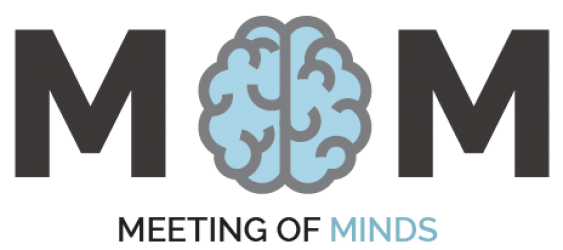Academic Social Networking Sites (ASNS)
There are a large range of social networks used by academics, this includes Academic Social Networking sites.
Four of the most popular ASNS are Academia.edu, Researchgate, Mendeley, and Zotero
These sites are used by academics to: organize, create profiles, display research work and connect with peers with similar research interests.
Some sites, such as researchgate include researcher impact metrics, but these ‘measures’ have been subject to criticism.
Differences in Use Dependent on Discipline
Investigations of ‘Academia.edu’ found differences in the extent of its use between disciplines and between types of user (faculty, graduate students, independent researchers, postdoctoral researchers), and in the number of interests listed by those from different disciplines (Thelwal and Kousha 2013, Ortega 2015, and Megwalu 2015).
Ortega (2015) and Megwalu (2015) found that users from the humanities and social sciences were more active and proficient in using these sites than natural scientists. Other studies have found that junior academics are more active in such networks.
Ratings of ASNS
In a recent study (Bhardwaj 2017), Researchgate was given the highest ranking by users, followed by Academia.edu, and then Mendely.
But none of these sites was rated as “Excellent” by users, as they were seen to lack incorporation of:
- site navigation
- session filters
- all the search and browsing fields
- mobile views.
- output features
- privacy settings and text display
- bibilographic features
- analytics and altmetric features (enabling users to see the statistics about citations, downloads and read publications)
The study recommended features to be made available in a model academic social network, which could be used by developers of the sites to enhance functionalities.
ASNS as Social Enterprise: Models of Funding and Legal Issues
Currently the business models of ASNS are still experimental.
A number of the well known ASNS have been initially funded through venture capital.
Academia.edu and Researchgate have used advertising in their funding model, other ASNS some are looking at generating income from selling analytics, and/or pay to published or promote schemes.
Academic authors should not be uploading papers which are ‘owned’ by journals, and recently there have been a number of challenged to this.
Last year a group of publishers including Elsevier, Wiley and Wolters Kluwer announced that they would begin to issue takedown notices to the networking website ResearchGate requesting that copyrighted research articles be removed from the site. In the USA a court ruling has found that a pirate website Sci-Hub owed $15 million in damages to Elsevier for illegally sharing research articles protected under copyright law. Chawla (2017).
A new ASNS ‘scholarlyhub’ openly challenges private academic publishing models, and ASNS funding by venture capital. This new ASNS is looking at models of collaboration that would allow it to publish scientific papers without breaching copyright. This might be through partnership with open-access portals and services. Another way could involve becoming a publishing platform itself.
By Nina Schuller.
References
Bhardwaj, R, K (2017) “Academic social networking sites: Comparative analysis of ResearchGate, Academia.edu, Mendeley and Zotero”, Information and Learning Science, 118 (5/6). pp.298-316, https://doi.org/10.1108/ILS-03-2017-0012
Bond R, M, Chykinab, V and Jason, J (2017) ‘Social network effects on academic achievement.’ The Social Science Journal. 54(4), pp 438-449. https://doi.org/10.1016/j.soscij.2017.06.001
Chawla, D S (2017) ‘Publishers take ResearchGate to court, alleging massive copyright infringement’. 6 October 2017. Science. Available at: www.sciencemag.org/news/2017/10/publishers-take-researchgate-court-alleging-massive-copyright-infringement (Accessed on the 17 March 2018)
Espinoza Vasquez, F.K., and Caicedo Bastidas, C.E. (2015). Academic Social Networking Sites: A Comparative Analysis of Their Services and Tools. In iConference 2015 Proceedings.
Laakso, M., Lindman, J., Shen, C. et al. (2017) ‘Research output availability on academic social networks: implications for stakeholders in academic publishing’, Electron Markets, 27 (125), pp 125-133. https://doi.org/10.1007/s12525-016-0242-1
Megwalu, A (2015) ‘Academic Social Networking: A Case Study on Users’ Information Behavior’, in Woodsworth, A and, W. Penniman, W D (ed.) Current Issues in Libraries, Information Science and Related Fields. Advances in Librarianship, 39. Emerald Group Publishing Limited, pp. 185 – 214.
Ortega, J, L (2015) “Disciplinary differences in the use of academic social networking sites”, Online Information Review, 39 (4), pp.520-536, https://doi.org/10.1108/OIR-03-2015-0093
Thelwall, M and Kousha, K (2013) ‘Academia.edu: Social network or Academic Network?’ Journal of the Association for Information Science and Technology 65 (4), pp 721–731, https://doi.org/10.1002/asi.23038
